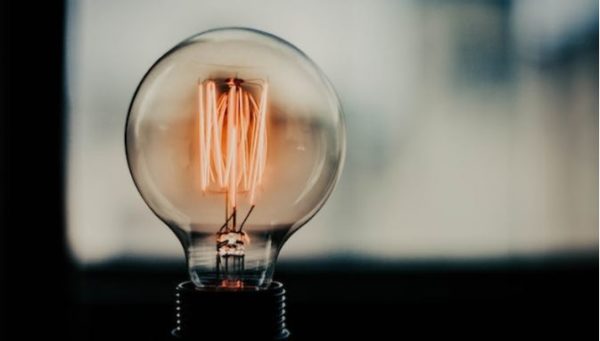
Has it ever happened that you noticed an inexplicable rise in your electricity bill in spite of using the same appliances for the same amount of time that you generally do?
No, the neighbor’s bill didn’t get delivered to you accidentally and neither is it the fault of your electrical services provider.
There might be a number of other reasons behind a rise in your bill amount, which generally aren’t taken into account by a majority of people.
Let’s take a look at them
1. Seasonal changes: Weather can play a significant role in your energy consumption. Extreme temperatures, whether hot or cold, can cause your HVAC system to work harder, leading to higher energy usage.
2. Appliance usage: The increased use of energy-intensive appliances such as air conditioners, heaters, water heaters, and refrigerators can contribute to higher energy bills. Additionally, older appliances may be less energy-efficient and consume more power.
3. Rate increases: Utility companies may occasionally raise their rates. These rate hikes can lead to higher bills without any significant change in your consumption patterns.
4. Unattended lights and devices: Leaving lights, electronics, and chargers on when not in use can add up over time. Even though each individual device may not consume much energy, the cumulative effect can lead to higher bills.
5. Phantom loads: Some devices continue to draw power even when turned off. These are known as phantom loads or vampire loads. Examples include devices with standby modes or those with remote controls.
6. Inefficient lighting: Traditional incandescent light bulbs are less energy-efficient compared to LED or CFL bulbs. Switching to energy-efficient lighting options can help reduce your energy consumption.
7. Poor insulation and drafts: If your home is not well-insulated or has drafts, your heating and cooling systems have to work harder to maintain a comfortable temperature. This can lead to increased energy usage.
To address these issues and manage your electricity bill, consider the following steps:
- Energy audit: Conduct an energy audit to identify areas of high energy consumption and potential inefficiencies in your home.
- Upgrade appliances: Replace old, energy-inefficient appliances with newer, energy-saving models.
- Behavioral changes: Develop energy-saving habits like turning off lights when not needed, unplugging chargers, and setting thermostats at reasonable temperatures.
- Sealing and insulation: Improve your home’s insulation and seal any drafts to minimize energy loss.
- Use energy-efficient lighting: Switch to LED or CFL bulbs, which use significantly less energy and last longer than traditional incandescent bulbs.
- Regular maintenance: Ensure that your HVAC system is properly maintained, as a well-functioning system is more energy-efficient.
- Time-of-use plans: If your utility offers time-of-use plans, consider shifting energy-intensive tasks to off-peak hours when rates are lower.
By addressing these factors and making energy-conscious choices, you can take control of your electricity usage and mitigate the impact of rising energy bills

